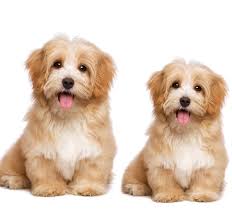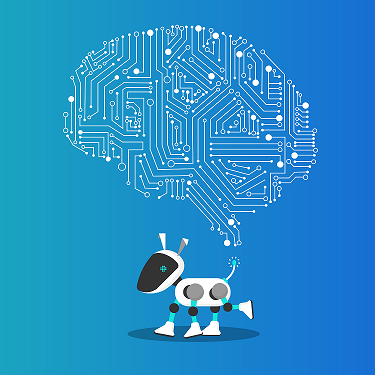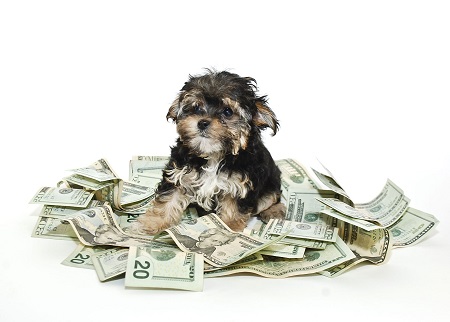5 Sustainable Pet Food Companies
I was recently asked if I knew of any sustainable pet food companies. After pondering this for a few minutes, I realized that I had no idea what sustainable food was. That goes for either dog, cat or human food. Was sustainable the same as vegan or organic? No idea.
A bit of googling left me with the following definition: sustainable food is the production of healthy food using methods that protect the environment, public health, and animal welfare.
So apparently sustainable food isn’t just about the food itself. It’s a combination of factors including how the food is made, how it is distributed and how it is consumed.
Using the above as a working definition, I started researching food companies to find ones that made an effort to provide a healthy meal, to not harm the environment, and to enhance the quality of life for the food producers and society as a whole.
For human food, this was easy. Numerous companies have built a brand around the idea of sustainability. Both Celestial Seasonings and Ben & Jerry’s try to educate their customers on climate change and supporting rainforests and also use recycled material for much of their packaging. Impossible Foods and Beyond Meat see their mission as convincing the world that plant-based food is healthier for humans, animals and the environment.
In addition to helping the planet, these strategies make good business sense – according to Tastewise, 23% more US consumers are prioritizing sustainable food choices compared to last year. And consumers, especially those under 30, will pay a premium for brands that they believe are good stewards of the earth.
Turning to pet food. I figured it would be just as easy to find companies that made sustainability a cornerstone of their business. If it worked for human food, then it should work for pet food as well.
However, it quickly became apparent that the pet food industry is a mess. Lots of low priced chow with unhealthy fillers and mystery meats. Constant recalls due to mold, insects, chemicals, and too little (or too many) nutrients. So many recalls, in fact, that there are several websites that offer a service to send pet owners text and email alerts about the latest recalls.
Despite these problems, I found several companies striving to offer sustainable pet food. These include:
The Honest Kitchen – a dog and cat food company that uses 100% human grade ingredients. The company requires suppliers to provide proof of food origins, screening, handling and other information. Based on the proclamations on it’s website, this company appears to back up its claim of being a sustainable pet food company.
Wild Earth – a dog food company that uses Koji – a fungus popular in Asia. This allows the recipe to be high in protein even though no animal parts were used when creating the food. The company appeared on Shark Tank and landed a $550,000 investment from Mark Cuban.
Bond Pets – this Boulder-based startup is creating dog food that contains protein from a lab instead of from other animals. The company states that ‘responsibility and sustainability are central to its work’. Released its first product in May 2020: the Protein-Packed Dog Treat Bar.
Halo – Halo claims that the ingredients used in its pet food are sustainably sourced. The company even coined the phrase “originative” to describe the farms and ranches it works with are set up in an original and native state (no factory farming). Halo was purchased in December 2019 by the pet CBD firm Better Choice Company for $46.9 million.
v-dog – founded in 2005, v-dog was one of the first companies to offer 100% plant-based and animal-free dog food. The chow is powered by high-protein whole foods like peas, oats, lentils, brown rice and quinoa. The family-owned company is based in San Francisco.
One important caveat is that there is no legal definition or requirement for a company to be considered sustainable. No test or certification is needed before a business can use the term. So just because a company claims they are sustainable, doesn’t mean it actually is.
Also, a word about vegan and organic food companies. Just because food is vegan or organic, doesn’t mean that the company producing it is sustainable. Vegan is defined as not using dairy, eggs or any other product of animal origin. Organic is typically defined as food grown by farmers who emphasize the use of renewable resources, who don’t use conventional pesticides and who don’t use antibiotics or growth hormones. A food company could produce organically-grown vegan dog snacks, but if it sells them in a bag made from 3 layers of foil and non-recyclable plastic, then it would not be a true sustainable food company.
There are not many resources concerning the sustainability of pet food. One exception is the Pet Sustainability Coalition (PSC), a non-profit dedicated to providing tools and case-studies to help pet companies improve sustainability in areas like supply chain, packaging and manufacturing.
Related article: Overview of the Pet Food Industry
| My Dog is a Robot covers the pet technology industry. Keep up with the latest news about products, services and companies in the pet tech space. | Contact Us |



